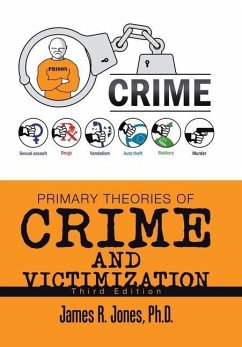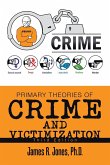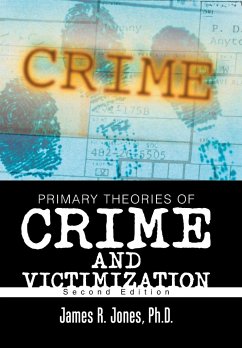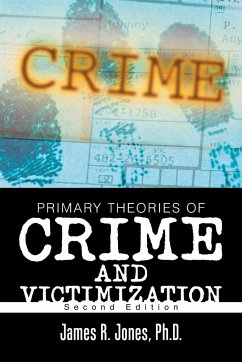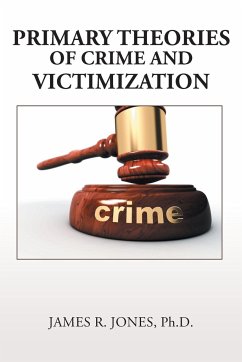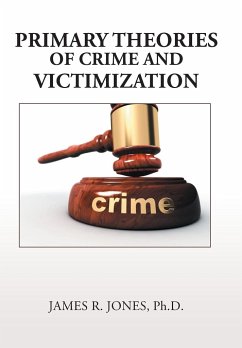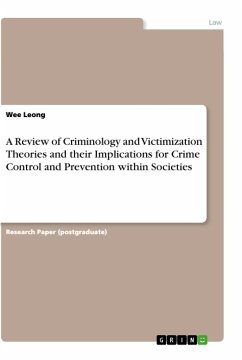This text focuses on the history of criminology, including the major criminological epochs, the most prominent practitioners associated with each, and their contentions and contributions to the discipline. The earliest epochs, which comprise some of the initial concentrations of the text, include the Classical School of Criminology, Positivist Criminology, Sociological Criminology (also known by some as the Chicago School), Conflict Criminology, and Developmental Criminology. The manuscript will also concentrate on the ways by which crime is recorded in the United States and the strengths and weaknesses of each method. The focal point of this crime recording section of the text are on the Uniform Crime Report (UCR), National Crime Victimization Survey (NCVS), and Self Report Surveys. The theories of crime and delinquency that are examined are strain theory, differential association theory, conflict theory, social bonding theory, rational choice theory, social structure theory, social disorganization theory, cultural deviance theory differential association theory, differential reinforcement theory, and labeling theory. In addition, other areas of crime that are explored are gangs and crime, victimless crimes, causes of violent crime, serial killers, mass murderers, and spree killers, sexual assault, mental health and crime, rural criminology, and queer criminology. Finally, the text concludes with chapters on community/police relations and crime, theories of victimization, crime and punishment, using criminological theories to explore crime, and crime in the 21st century.

